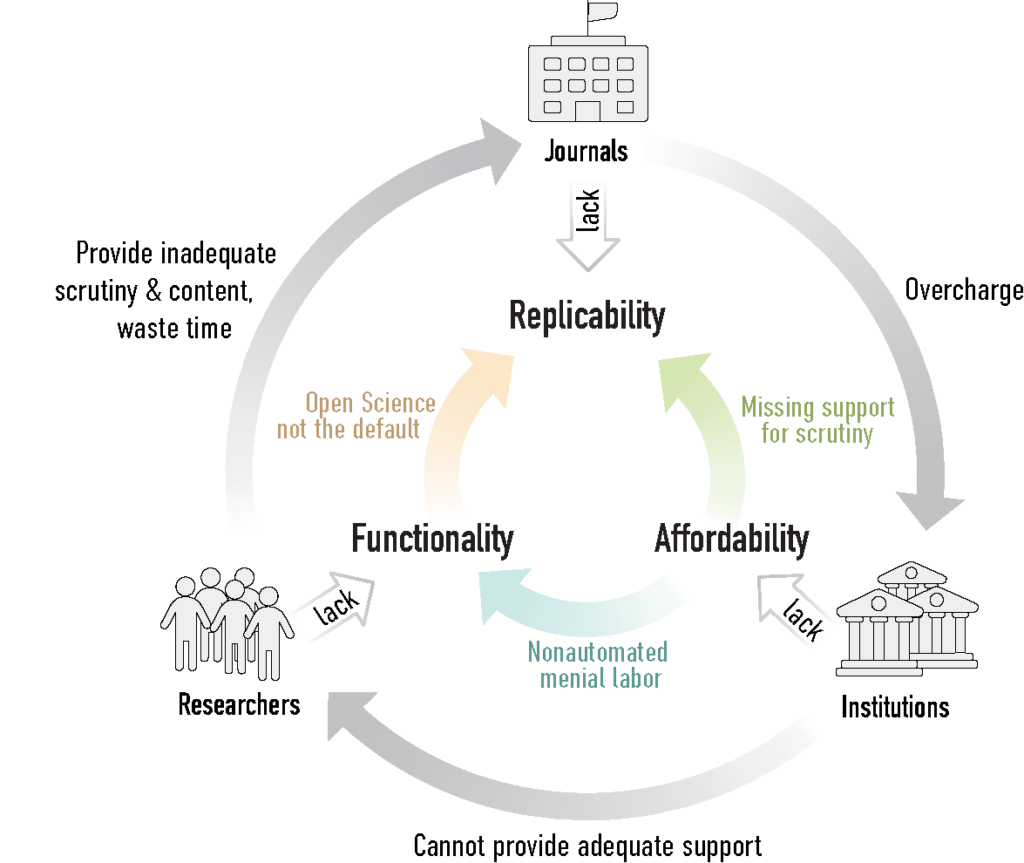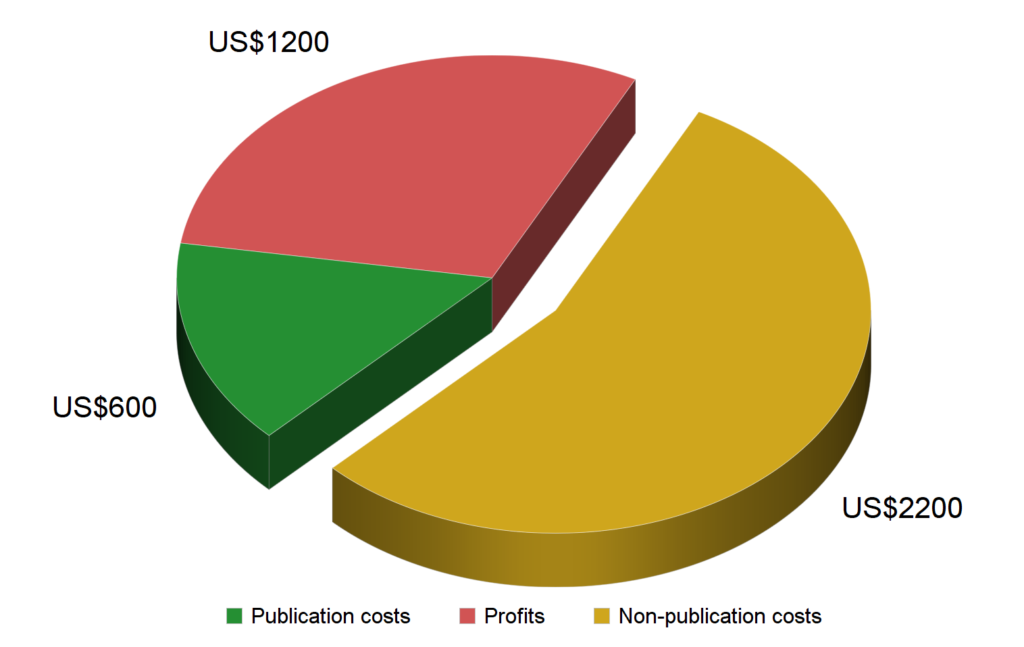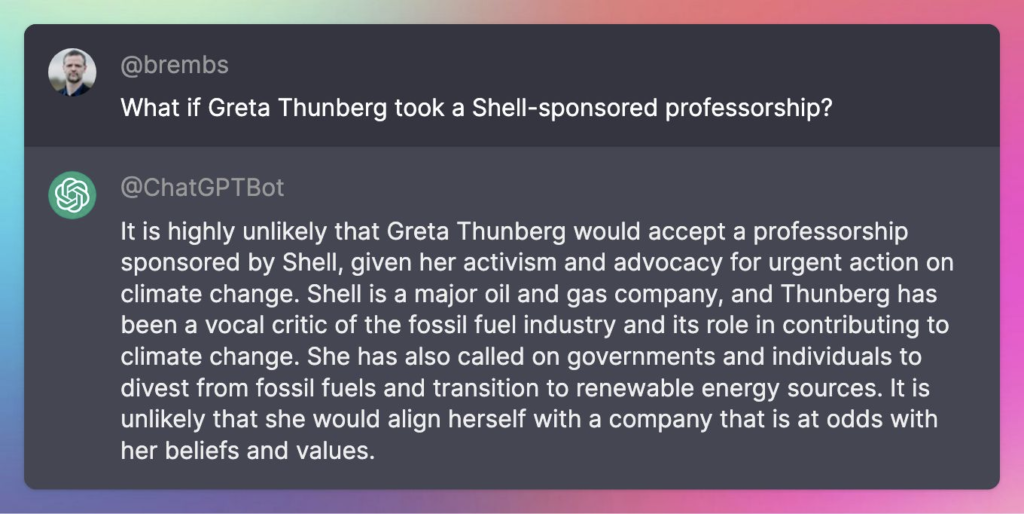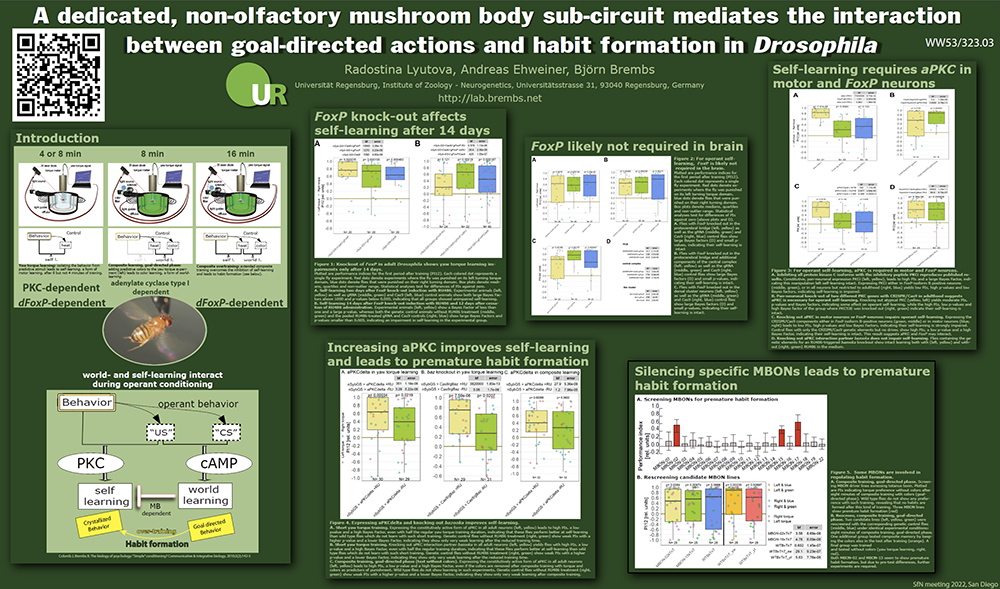It was my freshman year, 1991. I was enthusiastic to finally be learning about biology, after being forced to waste a year in the German army’s compulsory service at the time. Little did I know that it was the same year a research paper was published that would guide the direction of my career to this day, more than 30 years later. Many of the links in this post will go to old web pages I created while learning about this research.
You may have seen a neutered version of this post over at the LSE blog. This post below, however, puts the tiger in the tank, as it was enhanced by CatGPT: Maybe scholarly societies have taken “the instruction”follow the money!” a tad too literally?
The DFG is a very progressive and modern funding agency. More than two years ago, the main German science funding agency signed the “Declaration on Research Assessment” DORA.

It’s the time of the year again where 30,000 neuroscientists head to the US to talk neuroscience. This year the big annual conference is in Washington, DC, one of the three cities able to host this large event. Our first poster will be up on Tuesday morning and shows results from operant self-stimulation experiments using optogenetics and dopaminergic neurons.
No matter how well-intended (and we all know to which place the road leads that is paved with good intentions!), transformative agreements (such as DEAL in Germany) are generally the wrong tool at the wrong time for making publicly funded science accessible to the public.
Jeffrey “predatory journals” Beall famously catapulted himself out of any serious debate with an article in the journal TripleC, entitled “The Open-Access Movement is Not Really about Open Access”. In it, Beall claimed that OA proponents don’t care about access, but that they form an “anti-corporatist movement that wants to deny the freedom of the press to companies it disagrees with”. The article is so replete with similarly unhinged fairy

On May 23, the Council of the EU adopted a set of conclusions on scholarly publishing that, if followed through, would spell the end for academic publishers and scholarly journals as we know them. On the same day, the adoption was followed by a joint statement of support by the largest and most influential research organizations in Europe.

Data broker RELX is represented on Twitter by their Chief Communications Officer Paul Abrahams. Due to RELX subsidiary Elsevier being one of the largest publishers of academic journals, Dr. Abrahams frequently engages with academics on the social media platform.

There are those who demand journal peer-review be paid extra on top of academic salaries. Let’s have a look at the financials of that proposal. The article linked above confirms common rates of academic consulting fees, i.e., anything between US$100 per hour for graduate students and US$350 per hour for faculty. Taking a conservative US$200 as an easy, lower-bound estimate for, say, a post-doc hour seems to cover most cases.

Or let’s think a a few sizes smaller and imagine a renowned pulmonologist taking the, say, “Marlboro Endowed Chair” in the Mayo Clinic’s Pulmonary Medicine Division, sponsored by Philip Morris. What would they have to endure and how much credibility would they and the institutions lose? Undoubtedly, the foul stench of corruption and hypocrisy would be difficult to counter.

I just sent the poster for this year’s Society for Neuroscience meeting to the printer. As our graduate student is preparing his defense and our postdoc did not get a visa (no thanks, US!), we just have a single poster this year and I will present it myself on Monday, November 14, 2022, 8:00 AM – 12:00 PM, on poster board WW53.